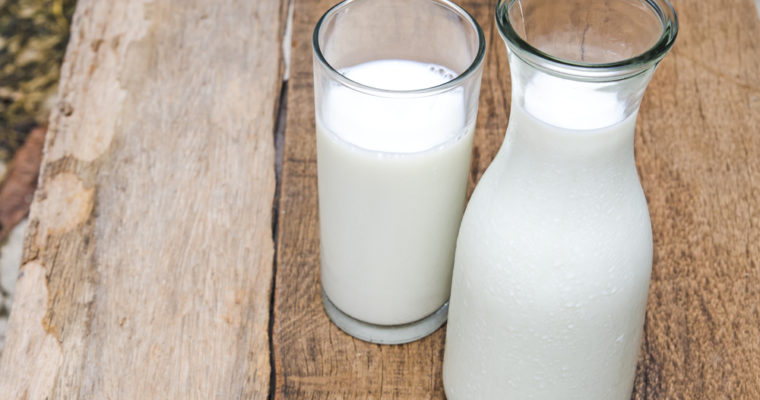Should You Boil Pasteurized Milk Before Drinking it?
Like | DoctorBabu | March 27, 2018 | Healthy Foods health, healthy tips, Pasteurized Milk
Milk is a veritable store house of nutrients. It is a rich source of protein, vitamins and minerals. Minerals like Calcium and vitamins like Vitamin A, D, B1, B2, B12 and K are found in good quantities in milk. Boiling affects many of these vital nutrients in your milk, depriving you of the nutrition they provide. Particularly vulnerable to destruction are the B group of vitamins.
Boiling milk is an effective way of dealing with disease-causing organisms. Although it does not remove all impurities, it does kill most of the dangerous bacteria and other organisms. But it also kills the nutrients However when you reach for that glass of milk every day, you are looking for your daily dose of nutrition
What is pasteurization?
A method invented in the 19th century, pasteurization involves heating milk to an extremely high temperature and then quickly cooling it before it goes for packaging or bottling. This helps keep the milk fresh. The method of pasteurization is best to kill bacteria present in milk which can be harmful for us. Dangerous bacteria such as salmonella can affect our health in more ways than one.
Milk is heated upto 161.6 Fahrenheit for 15 seconds and then immediately cooled. This process is known as high temperature short time pasteurization, which is the most common method used across India and many parts of the world.
It is Okay to Boil Milk Before Drinking!
According to Dr Saurabh Arora, founder, food safety helpline.com, there is no need to boil pasteurized milk at all. “As it has already been given heat treatment during pasteurization, milk is microbe free. Therefore, there is no need to boil this milk further, which was ideally the reason why people started boiling dairy milk in the first place.”
According to the Department of Food Science in Cornell University, pasteurised or boiled milk has a longer shelf life than raw milk, contrary to the myth that boiling milk will not reduce its lactose content. Raw milk may harbour E.coli, salmonella and other harmful bacteria. Bacteria in raw milk are dangerous for people with weak immunity, pregnant women, children and older adults.

Leave a Reply